In May of 2013, I had the fortune to graduate from the American University of Paris (AUP) with a Masters of Arts in Global Communications and Civil Society (MGCS). It has been a long path. Like any good path, it hasn't been the smoothest, but I am now ready to take the next step in life.
The Masters of Arts in Global Communications and Civil Society (MGCS) {pronounced 'Magics' or "Magic with an S'} is the equivalent of a dual masters, blending the Masters of Arts in Global Communications (MAGC) {pronounced 'Magic'} and the Masters of Arts in International Affairs (MIN) {pronounced 'Min'} programs. Due to how masters degrees work in Europe, a one-year masters program in Europe is the equivalent of a two-year masters program in the United States. Since MGCS is a two-year program blending the one-year MAGC and one-year MIN programs, I have successfully completed four years of masters studies in two years at an excellent university (recommended by representatives to the U.N.) located in one of the primary hubs of Europe.
| | My studies at AUP have taken me to seven new countries on three different continents. France is where most of my studies took place. In India and Auroville I studied Civil Society, forms of government and their processes, and sustainable development. Belgium is where I learned about the history of the European Union and their past and present roles in international relations. Sweden and Denmark are where I learned about civil society and local government working together on sustainable development. In Egypt I improved my Arabic skills and observed the (official) end of their Arab Spring first hand. |
A university can only become excellent through the dedication, hard work, and integrity of their staff and professors, people who are there first and foremost for the students. Everyone at AUP has had an impact on my life, but these are the people who changed my world.
| Celeste Schenck, president of AUP, is a woman with a warm heart who specializes in connecting people together. She is a feminist who encourages everyone, regardless of gender, to be their best so that the best, brightest, and most open-minded men and women rise to the top. | Marc Monthéard, Dean of Student Services, is an open and friendly Frenchman who breaks the stereotypes. He keeps himself visible and accessible to students, helps them with surviving in France, and makes sure resources students need are easy to find and use. | Caroline Meyer was my Admissions Counselor to AUP. She helped me navigate the byzantine labyrinth of French bureaucracy to get to France and I have her to thank for telling me about the MGCS program in the first place. |
| Waddick Doyle is the found and director of the MAGC program at AUP. Students often describe him as a fatherly figure full of excellent insight and advice. He also always strikes me as a bit of an absent minded professor (in a good way); he's often slightly disheveled, appears lost in thought to the point where you don't want to interrupt him lest he loses the chain of thought, and more interested in a person's potential and capability than their appearance. He has frequently given me wonderful advice and helped me see thing in a new light. | Charles Talcott was my advisor during my first year at AUP. He was open and honest, acknowledging when he didn't know something and helping me find experts when I needed them. He used mediation, student learning, and treating graduate level students as rational adults when he led them on the India Practicum in Auroville. Throughout my time at AUP, I used him first as my official, and later my unofficial, advisor for the communications side of my degree. |
| Susan Perry is the director of the MIN program at AUP. She is very interested in human rights and strives to light a spark in her students to change the world for the better. She bends over backwards to help all students, not just her own. She is one of those rare people whom both her supporters and detractors say the same thing about her: she is highly creative in finding solutions to problems. She thinks outside the box and is honest with students. She has been my unofficial advisor for the international relations and conflict resolution side of my degree. | Kerstin Carlson is a newer professor in the political science department at AUP. While I'm not fond of her exams (they play up to my academic weaknesses), she has a wonderful teaching style that encourages her students to make connections and look at things anew; I have taken what I learned in her class and applied it in almost every class since. She is energetic, friendly, and makes herself available to students more than any professor I have ever met.She is my thesis advisor because her logical and creative thinking are more useful to me than an expert on my topic. |
There have been many challenges during my time at AUP, but I am better for my experiences. I survived a hurricane in India. There was the extreme heat and sand of Egypt. I lost count of how many times I almost died because of the French medical system while simultaneously blessing how much of the healthcare costs were absorbed by the insurance. The Egyptian medical system tried to bring a degenerative auto-immune disease out of remission. Being the only one in my program and the homophobia from Americans while in India resulted in both isolation and stronger connections with people. Rebuilding myself physically and mentally after surgery to the point where riggers (the people who set up television sites) began calling me a gorilla.
I dealt with all of this while completing four years of masters studies in two years, studying six languages, and travelling the world as my grandfather wanted.
I dealt with all of this while completing four years of masters studies in two years, studying six languages, and travelling the world as my grandfather wanted.
| |
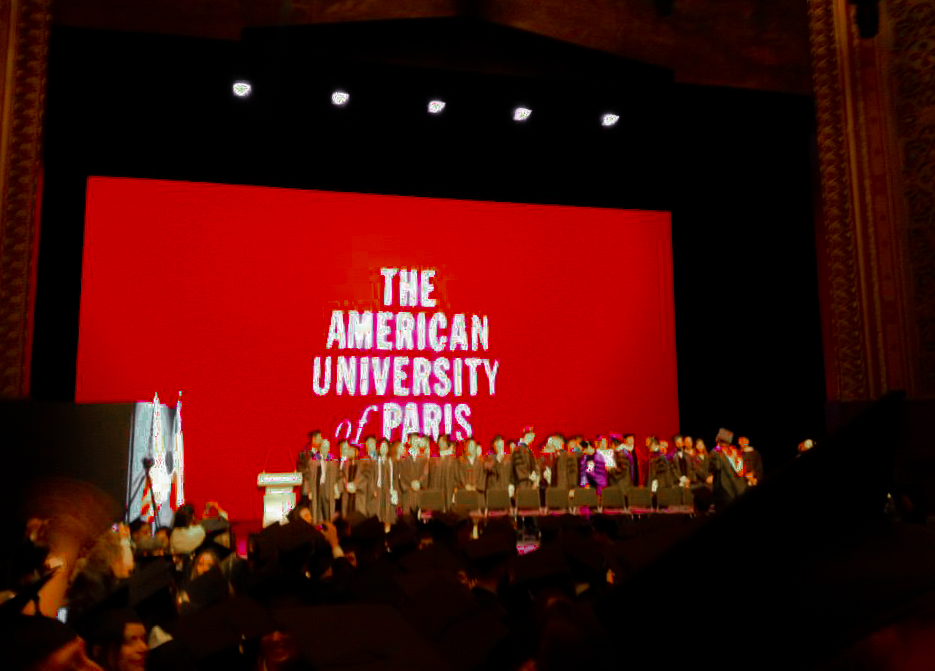
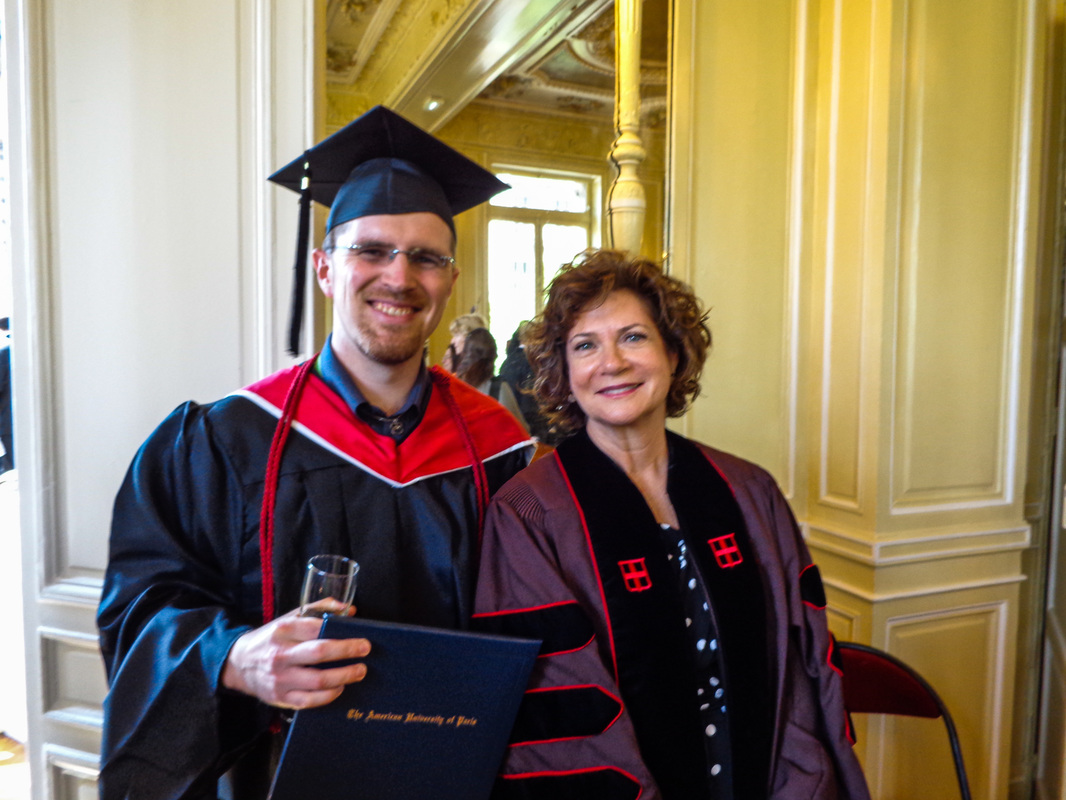
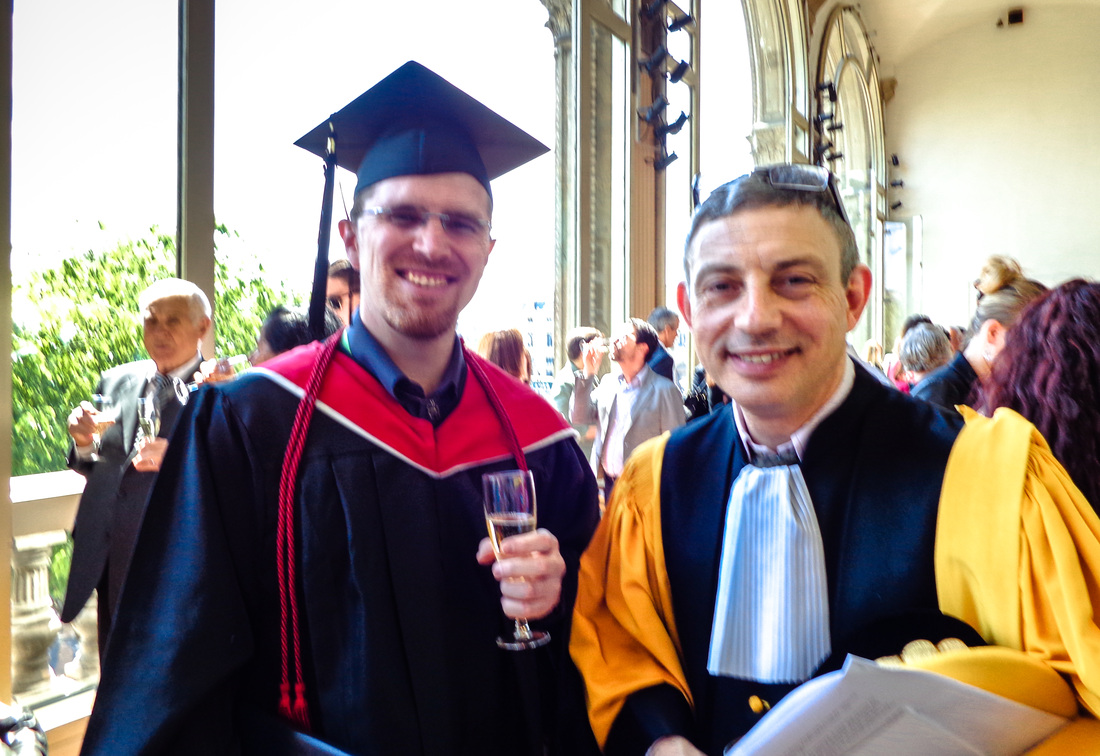
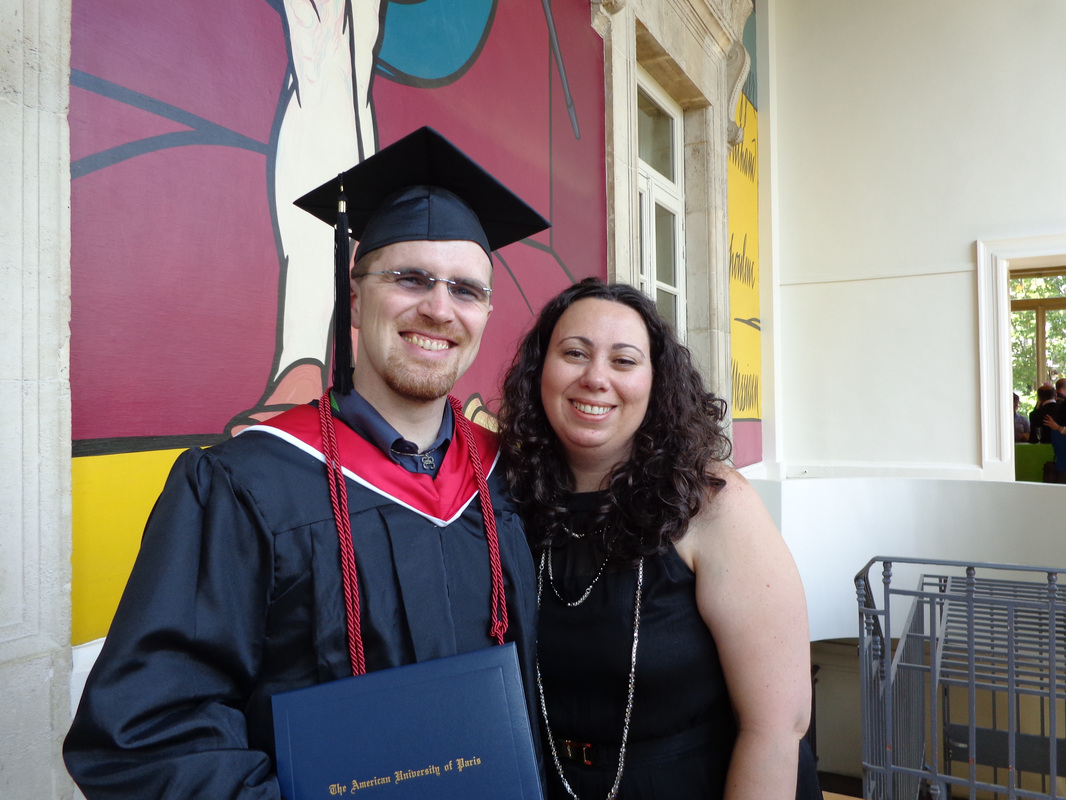
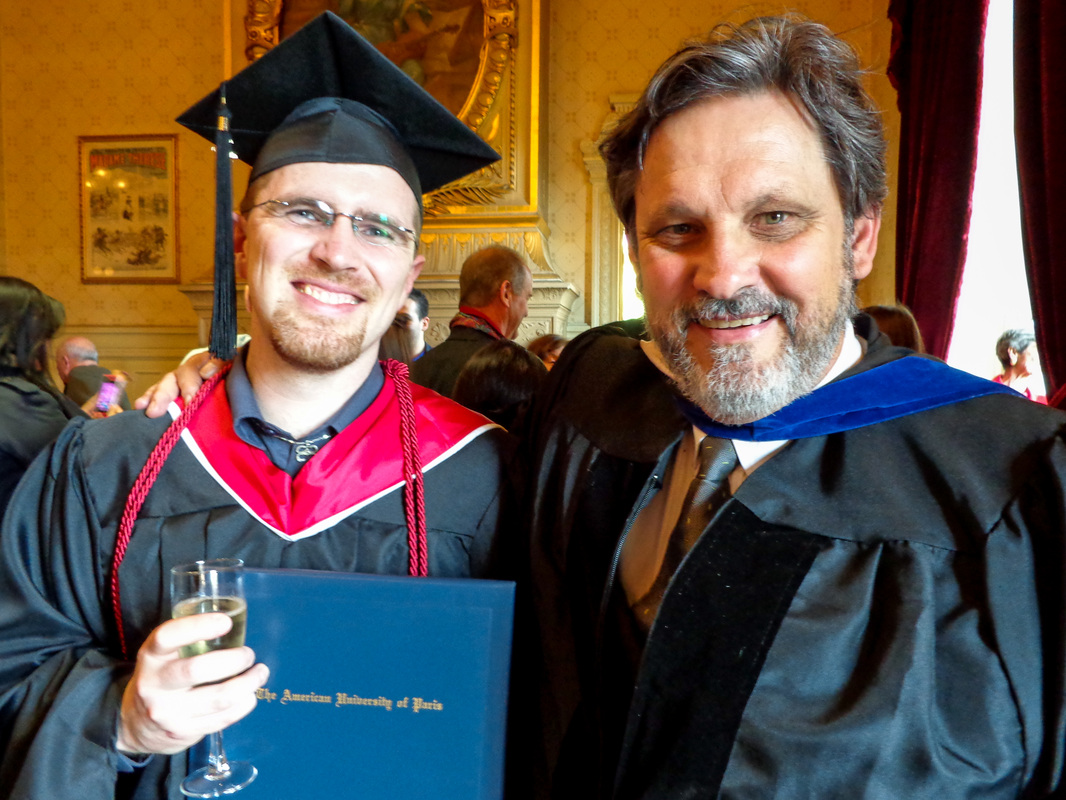
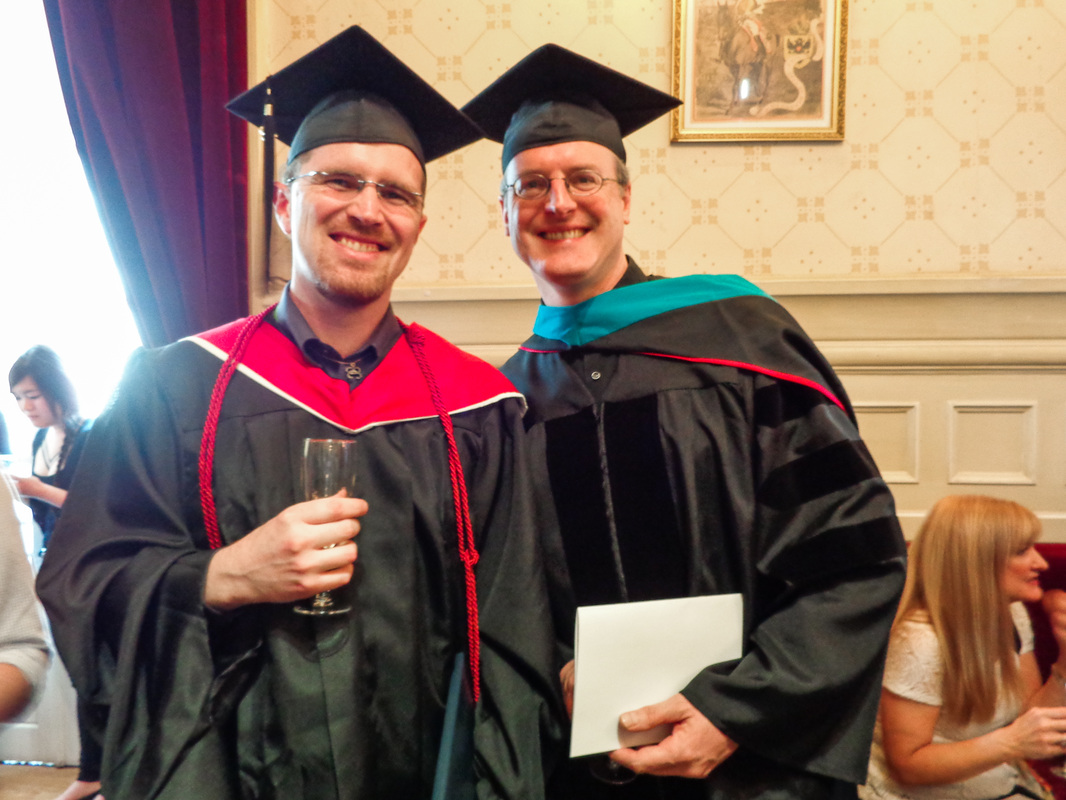
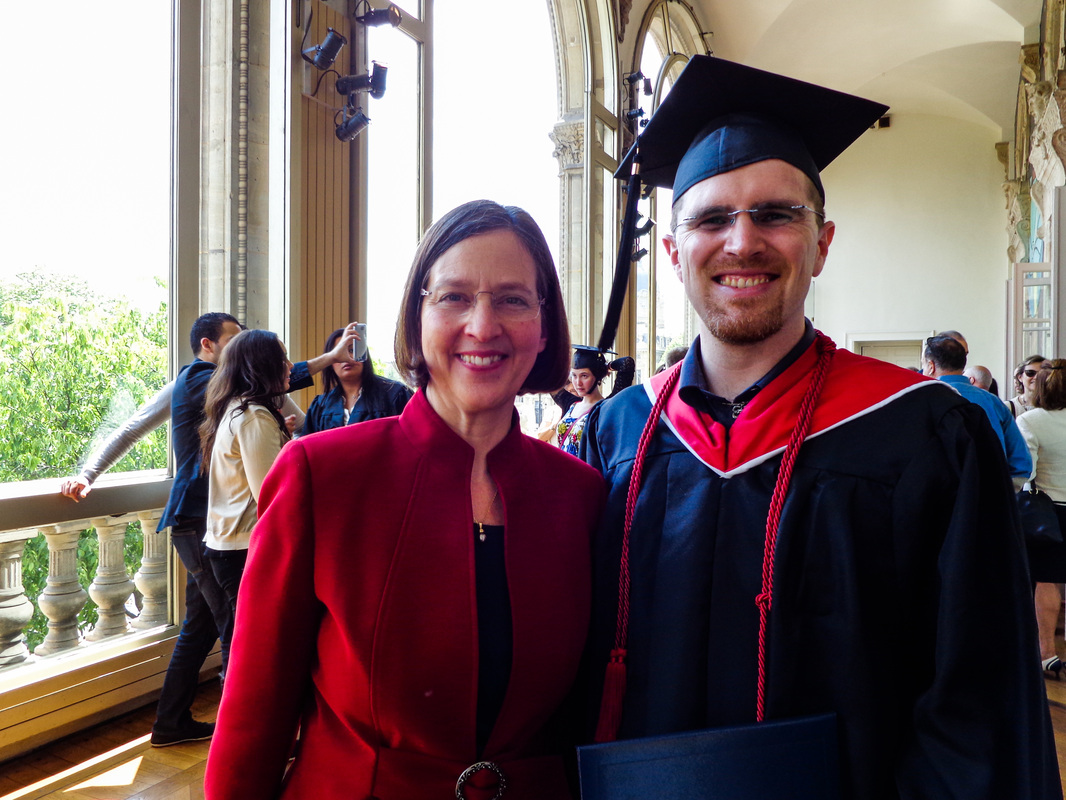
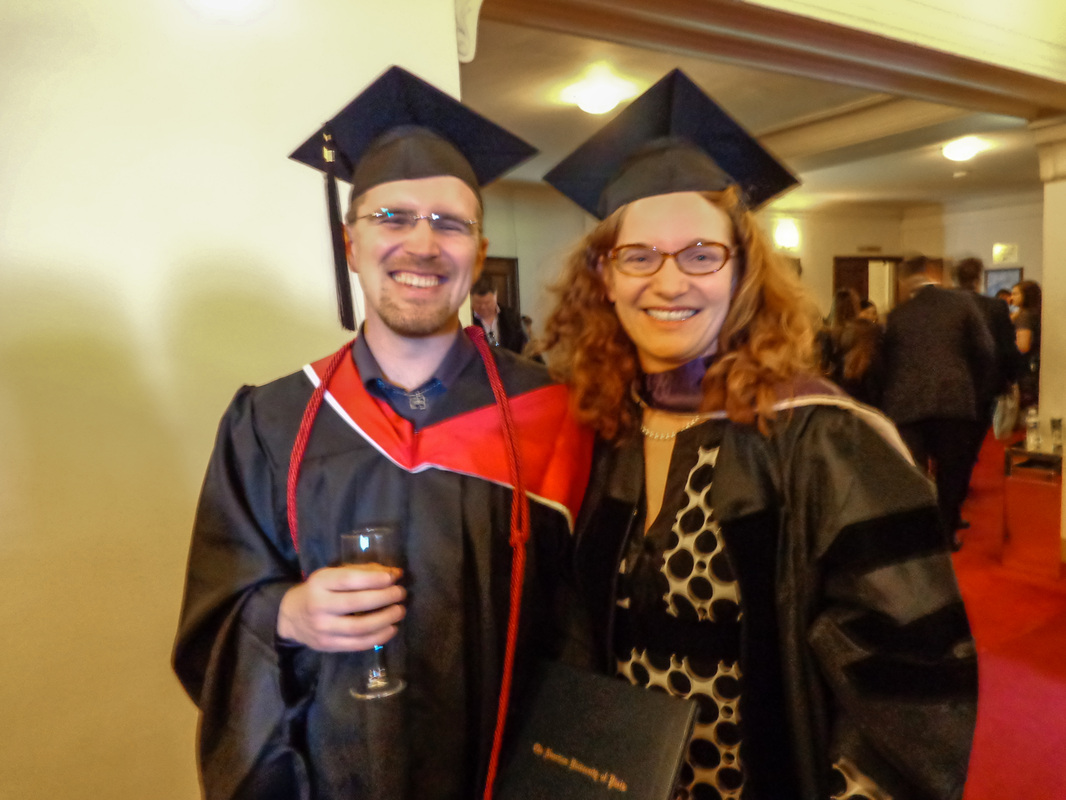

 RSS Feed
RSS Feed